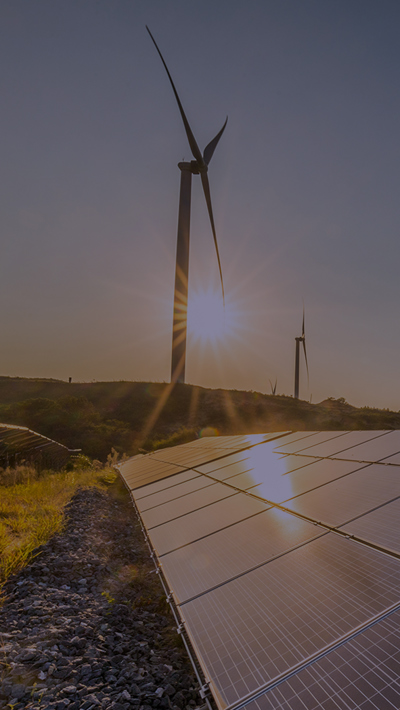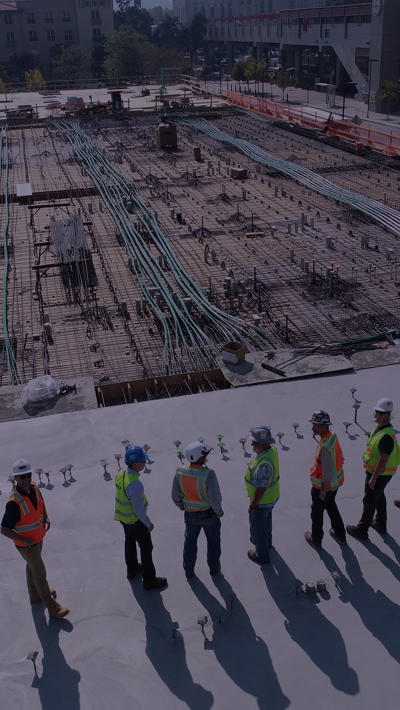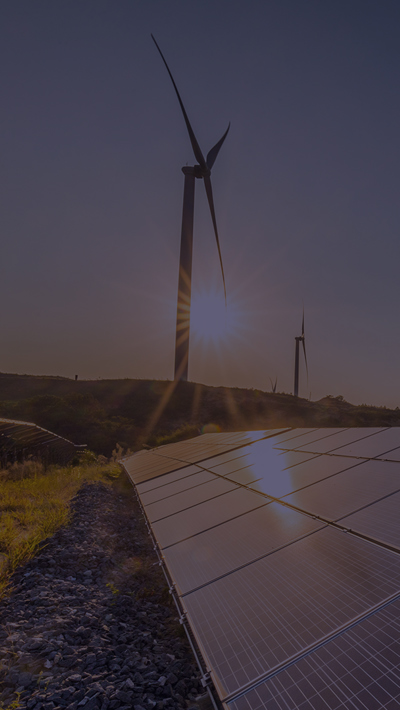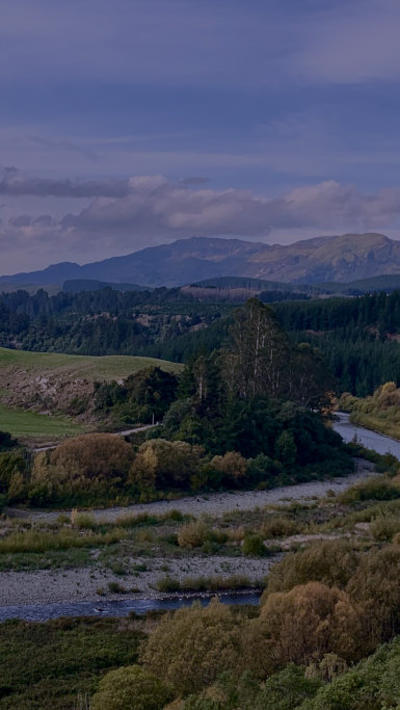Speak to our experts
Contents
A large effort across a range of policy fronts will be needed to achieve meaningful emissions reduction in transport and industrial processing, according to the Interim Climate Change Committee (ICCC).
It advocates changes to the Resource Management Act (RMA), more policies to support electric vehicle uptake, high hurdles to new coal fired generation and acceptance by the Government that its 100% renewable energy target by 2035 is impractical.
100% target
Energy and Resources Minister Megan Woods said the Government had always known that the 100% target was aspirational, and that the first priority had to be maintaining an electricity price which would accommodate the transition to a low carbon economy.
She was responding to modelling commissioned by the ICCC which showed that New Zealand was likely to achieve 95% renewable generation on a business as usual (BAU) basis and that while it would be technically possible to get to 100%, the last percentage point would be expensive.
It would require “overbuilding” capacity to cover dry years and – even then – there would be “periods of non-supply”. And it would reduce CO2e emissions by only 0.3 million tonnes (Mt) at a cost per tonne of $1,200, which would push up electricity prices by 14% for residential users, 29% for commercial and 39% for industrial.
Instead, the ICCC recommends that the Government prioritise its effort on accelerating the electrification of transport and process heat with the aim of achieving emissions reductions by 2035 of at least 6Mt CO2e and 2.6Mt CO2e respectively.
Transport
To achieve a 6Mt reduction, New Zealand would need to substitute 2.2 million fossil fuelled vehicles with electric vehicles (EVs) within the next 16 years. This will not be achieved on the current trajectory and will require measures to bring EV ownership within the means of middle and low income New Zealanders.
Process heat
The ICCC says any new coal fired facility should face “extremely high” consent hurdles and that the Government should provide investment certainty by clearly communicating its commitment to phasing out existing usage.
Within two days of the report’s release, Fonterra announced that it had brought forward its planned transition away from coal by 11 years – a move welcomed by the Minister.
RMA reform
The ICCC notes that the upcoming review of the RMA will provide “a major opportunity to not just remove barriers to emissions-reducing activities, but to fully enable resource management legislation to actively support needed mitigation efforts”.
Specific problems it identifies are:
- the ambiguity over how the Government’s freshwater and renewable electricity generation priorities intersect with each other
- unresolved issues around iwi rights and interests in water
- inadequate national direction such that “relatively minor landscape and visual amenity effects can trump the development of wind generation”, and
- the potential for new regulations to unduly constrain further geothermal development.
The full report is available here.










































































